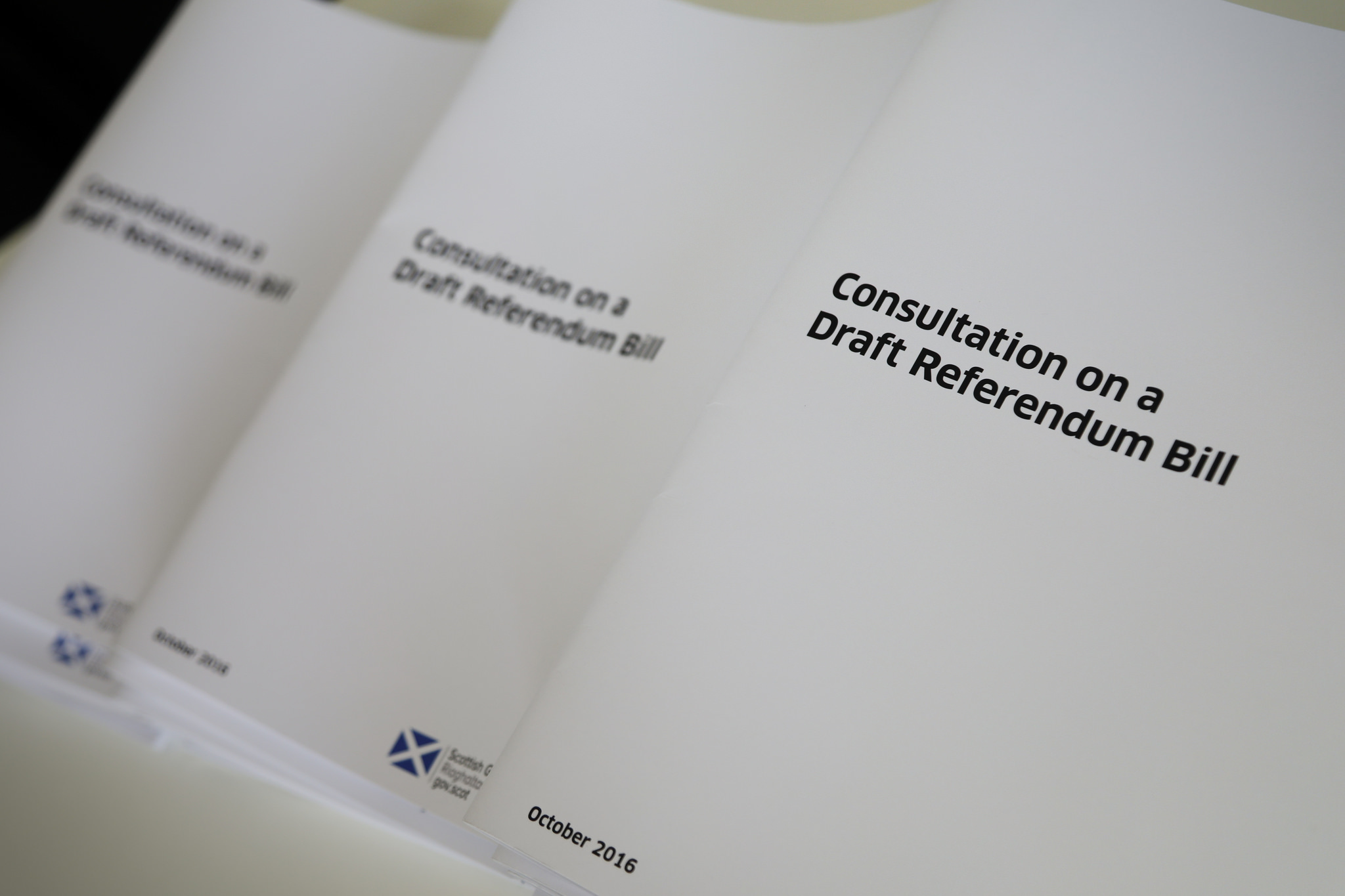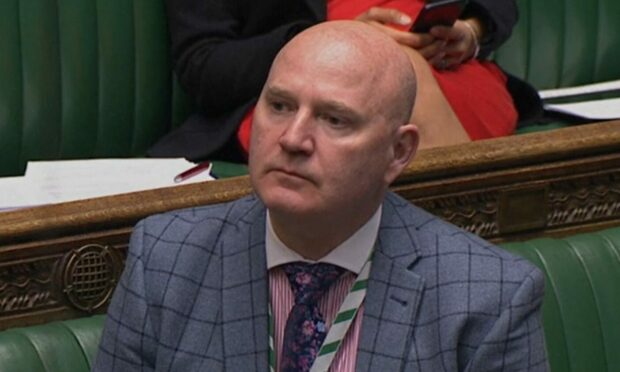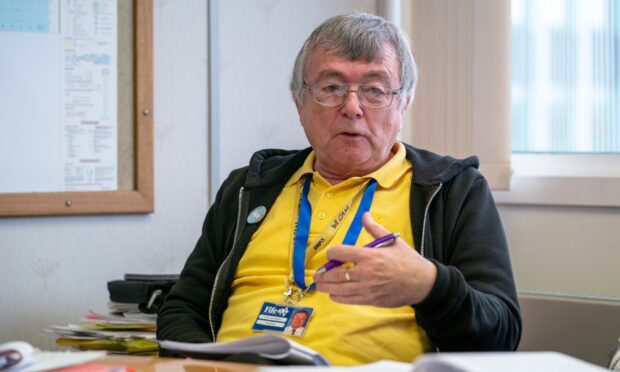The Electoral Commission has made a series of recommendations to the Scottish Government on its draft Bill for a second independence referendum in the wake of the Brexit vote.
The commission said it has drawn on the measures that “worked well” during the first referendum in 2014, as well as experience from this year’s EU vote.
Among the recommendations are clarifying restrictions on the publication of campaign literature by Scottish and UK government ministers and some publicly-funded bodies.
In its response to the Scottish Government’s consultation on the draft Bill, the commission said the rules should make clear which activities are restricted, when the restrictions apply, who enforces them and what penalties are incurred for a breach.
The commission asked to be able to review the “intelligibility” of the proposed referendum question even if it is the same as the one posed in 2014.
Further key recommendations are that the vote is not held on the same day as any other significant or scheduled polls and that the Scottish Government puts any legislation in place at least six months before it is needed, to assist both with administering the referendum and regulating campaigners.
John McCormick, electoral commissioner for Scotland, said: “The draft legislation builds on the measures that worked well at the 2014 independence referendum and already reflects many of the recommendations for improvement we made following that vote.
“Based on our experience of the recent EU referendum we have highlighted some further improvements that could be made to strengthen the regulation and administration of any future poll in Scotland.”
First Minister Nicola Sturgeon has said a second vote on the country’s constitutional future is “highly likely” after the UK voted to leave the EU, but the majority of Scots supported the Remain camp.










